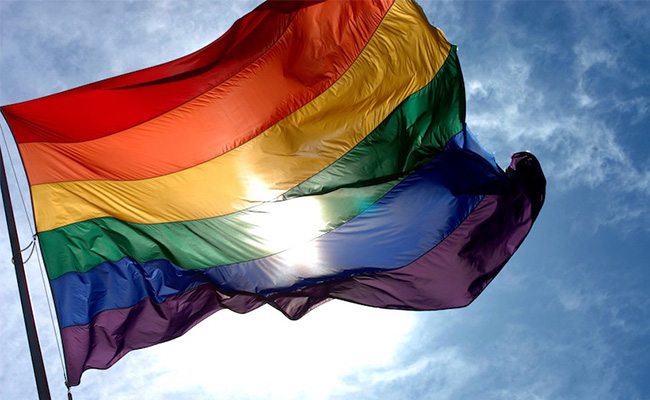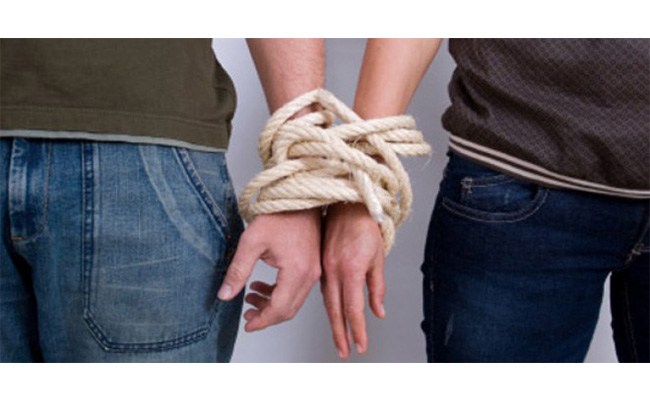Addiction can damage every aspect of life. Homes can be lost, children taken, finances ruined, but almost universally in the world of addiction, relationships are destroyed. These are not just romantic relationships, though those are included, but relationships with friends, family, and others who are important in your life. These relationships are touched by addiction even when only one person is using. Friendships and alliances are often lost when active addiction is occurring and families may be separated or tied together in an unhealthy manner by that same addiction. Though these relationships are severely damaged or lost, they can be healed and regained when in recovery. The rest of this article will offer the basics of how that can be accomplished.
Addiction damages the mind and body. Proper treatment and counseling, paired with abstinence from drugs and alcohol can heal the body and help the mind, but the relationships that have been damaged will require a little more. It is funny that the irony of addiction is that those closest to the addict tend to suffer the most. Those closest have to slowly watch as the addict damages their life and health. They may have to watch as the addict slowly kills their mind, body, and spirit. These individuals may also suffer from the behavior of the addict as lying, stealing, and destruction is often commonplace for an addict. This could mean money has been stolen, property damaged, or possibly worse, mental anguish caused. If you choose to repair these relationships than much work will need to be done. There are only two basic steps, but these steps will not be simple.
First you must stop using and change your bad behavior. Second, you must allow time for the person to come back to you, to trust you again. Trust is very different from love or forgiveness. It may take someone much longer to trust you than to forgive you or offer their love. Read on as this is broken down further.
The first step of no longer using and changing your behavior starts the day you enter recovery. You must abstain from drugs and alcohol, not just those you previously used, but all that can lead to another addiction. Additionally you must begin changing your behaviors immediately. Addiction often leads to lying and stealing. This must stop. In fact, brutal honesty with yourself and others should be the ultimate goal. Be honest with yourself and others about what you have done and where you plan to go. If you have harmed someone in a way that can be corrected, then do so. This may include paying back loved ones if you have taken money. This is a good step toward earning trust and forgiveness. Just know that some people may never again be able to trust you, but if the relationship is worth the effort to you, than make the effort.
The second step is time. Recovery takes time, as does building relationships as yourself in recovery. People will expect the same behaviors you demonstrated as an addict, but you must prove to them that you are a new person in recovery. Get into a routine, learn to trust yourself, and be honest in all dealings, even if this is difficult. Over time your behaviors will be proof of your commitment to your new life. Two steps seem simple, but the truth is that it will be hard to wait for those you care about to truly trust your changes. Be patient and know that in the long run recovery is well worth the effort. Those that do come back into your life and show they care are the ones that will be meant to be a part of your life.
Stay strong, the first steps have been made and you can make it to long term recovery.
CLICK HERE to get a Free Confidential Addiction Rehabilitation Assessment.














